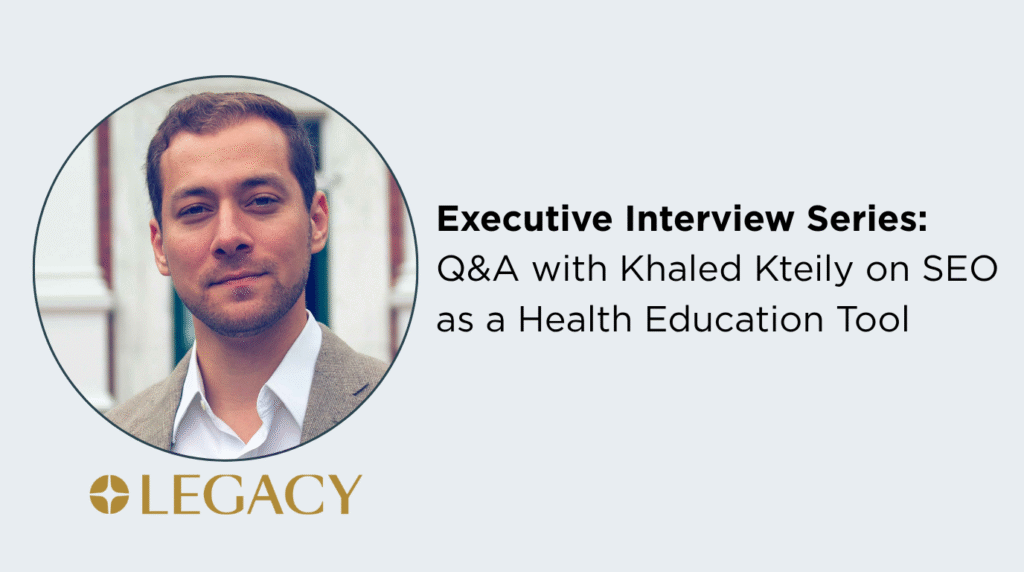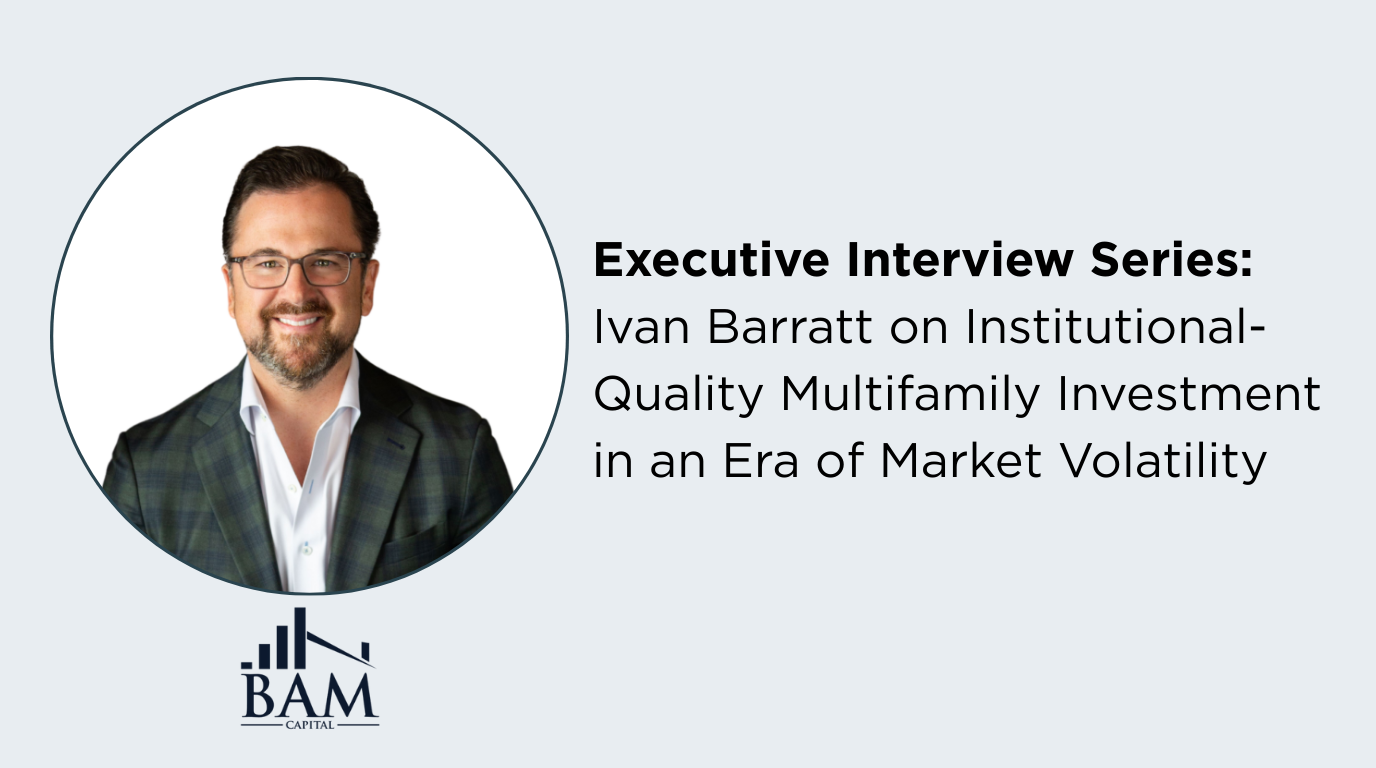Today we’re speaking with Khaled Kteily, the founder and CEO of Legacy, the leading sperm testing and freezing company in the United States. Legacy has revolutionized the process of male fertility care with a simple at-home sample collection kit, and in the past 7 years, has analyzed and frozen over 30,000 semen samples.
Since he founded the company in 2018, Khaled has been a proponent of empowering men through education about their fertility. Too many people still believe that fertility is strictly a female concern: Legacy’s 2023 Sperm Report survey found that over half of men don’t know what’s affecting their sperm.
How can you get men the data they need on fertility when they’re not thinking about their sperm, or even seeing a doctor regularly? That’s where search comes in. At Legacy, SEO is a powerful tool the team uses to meet men where they are and introduce them early and often to the idea that they need to be taking control of their fertility and their health, now.
First Page Sage: Legacy has played a key role in shifting the conversation around male fertility. How did education become central to your strategy?

Khaled Kteily: From the beginning, we knew that education wasn’t a nice-to-have, it was essential. Male fertility is deeply under-discussed and misunderstood. Most men don’t learn that their lifestyle, age, and environment can affect their sperm until they’re facing fertility issues. By then, options are more limited. We saw education as the key to empowering men early, helping them be proactive rather than reactive.
First Page Sage: And that’s where search comes in?

Kteily: Absolutely. The reality is, men are significantly less likely than women to go to the doctor, especially for preventive care. That means their first touchpoint for health concerns is often not a clinic or a physician — it’s Google or ChatGPT. Men might not be scheduling annual checkups, but they are searching for answers late at night about low energy levels, libido, low testosterone, or how long it should really take to get their wife pregnant. We use SEO to meet them in those moments, to deliver real, medically-backed education in an approachable way.
First Page Sage: What role does SEO play in Legacy’s overall growth strategy?

Kteily: It’s foundational. SEO is not just a marketing channel for us, it’s a health communication channel. We’ve invested heavily in high-quality, medically-reviewed content that answers real questions. In fact, many of our customers’ first interaction with Legacy comes through a blog post or resource page they found through organic search. That’s intentional. We want to meet people where they are, not where we think they should be.
First Page Sage: What insights have you gained from Legacy’s content performance?

Kteily: One big one is that men will engage deeply with content when it feels personalized, trustworthy, and nonjudgmental. For example, articles about fertility and testosterone replacement therapy (TRT) are consistently high-performing. That tells us there’s a huge knowledge gap and genuine anxiety around the topic. The more we create content that acknowledges that, the more impact we have.
First Page Sage: What advice would you give to other health or wellness companies trying to use SEO as a tool for education?

Kteily: Don’t think of SEO as just a way to drive traffic. Think of it as an opportunity to build a relationship. If someone is searching for a health-related topic, that usually means they’re dealing with uncertainty or concern. Respect that. Answer their question clearly, cite sources, avoid fear tactics. If you provide value, you’ll not only rank, you’ll earn trust.



